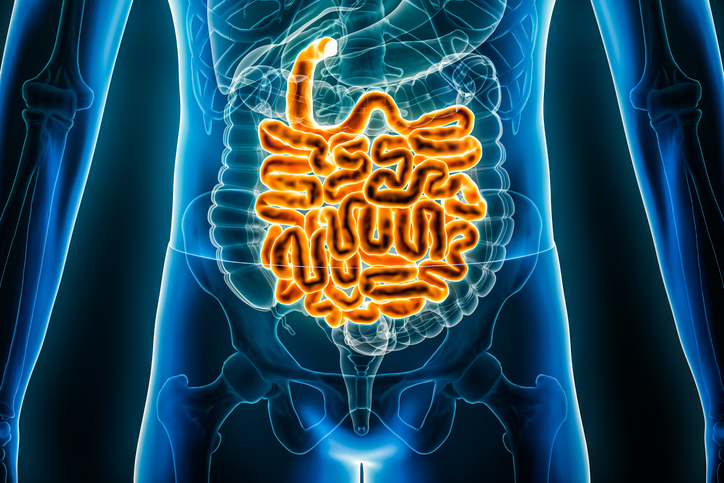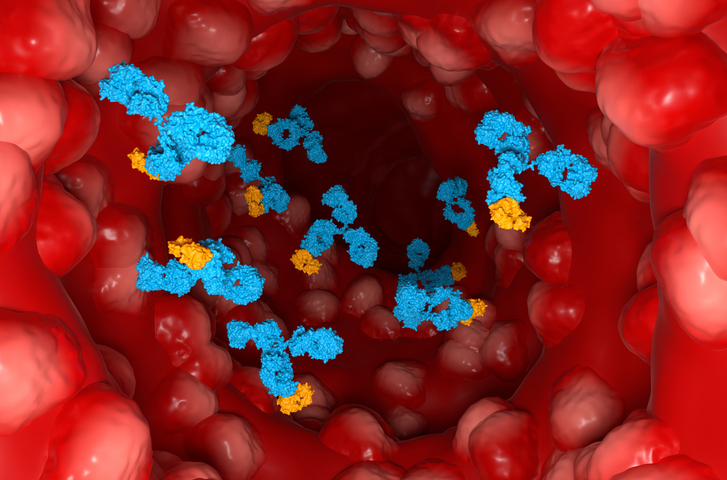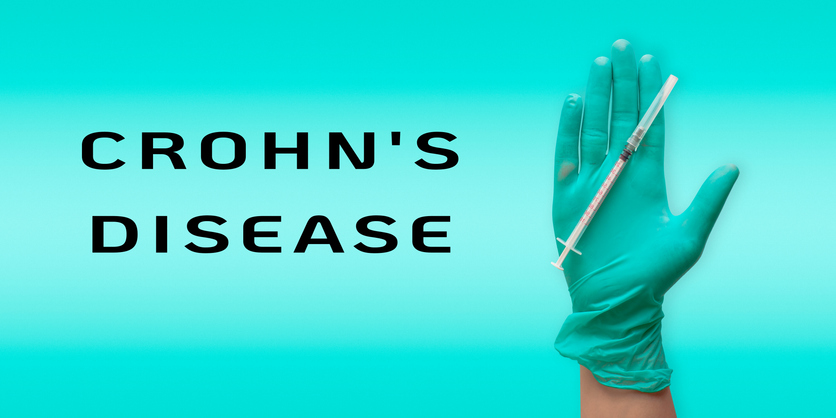
Centrally acting drugs like antidepressants and psychotherapy could help patients with irritable bowel syndrome (IBS).
An updated systematic review and meta-analysis included 53 randomized controlled trials (RCTs) (51 separate articles) up to July 2017 through MEDLINE, EMBASE, PsychINFO, and the Cochrane Controlled Trials Register. Eligible RCTs had to include adults with IBS that compared antidepressants versus placebo, or psychological therapies versus control therapy or “usual management.”
Prescribing tricyclic antidepressants smartly for #IBS – start low and titrate, consider adding second agent (SNRI/SSRI) if ineffective, and, most importantly, take time to explain rationale of using neuromodulator. #HarvardMotility2018 pic.twitter.com/Vi6jjYLpkb
— Walter Chan, MD, MPH (@WalterChanMD) September 22, 2018
The relative risk (RR) associated with IBS symptoms not improving with antidepressants compared to placebo was 0.66 (95% CI 0.57–0.76). Tricyclic antidepressants provided greater relief of global IBS symptoms, while selective serotonin reuptake inhibitors (SSRIs) outperformed the placebo with pain and bloating symptoms, as well as quality of life. When using psychological therapies, the RR of IBS symptoms not improving was (95% CI 0.62–0.76). Cognitive behavioral therapy, relaxation therapy, multi-component psychological therapy, hypnotherapy, and dynamic psychotherapy were all correlated with positive benefits in at least two RCTs.
Dr. Michael Camilleri, a researcher at the Mayo Clinic College of Medicine and Science in Rochester, Minn., told Reuters by email, “One component of IBS is increased sensitivity to the functions of the bowels; simply summarized, this means either the nerves taking messages from the bowel to the brain are more sensitive or that the brain is more attentive or reacts in a more emotional manner to the normal messages arising in the bowel, or both.”
Study: #IBS symptoms eased by #antidepressants, #therapy. Read coverage:@HealioGastro: https://t.co/SYuicAMW6w@medpagetoday: https://t.co/aF90zuORTM
Read the study from Ford, et al., in #AmJGastro: https://t.co/BQHThEJLqI#IrritableBowelSyndrome
— ACG (@AmCollegeGastro) September 10, 2018
“Since there are really no medications to reduce the nerve sensitivity, some doctors give medications that modulate the function of the brain in the hope that this approach will reduce the ability to sense or emotionally react to the signals or messages arriving from the bowels,” Camilleri, who was not involved in the present study, also said.
The researchers concluded that antidepressants and psychotherapy both appear to positively affect IBS symptoms, “although there are limitations in the quality of the evidence, and treatment effects may be overestimated as a result.”







 © 2025 Mashup Media, LLC, a Formedics Property. All Rights Reserved.
© 2025 Mashup Media, LLC, a Formedics Property. All Rights Reserved.